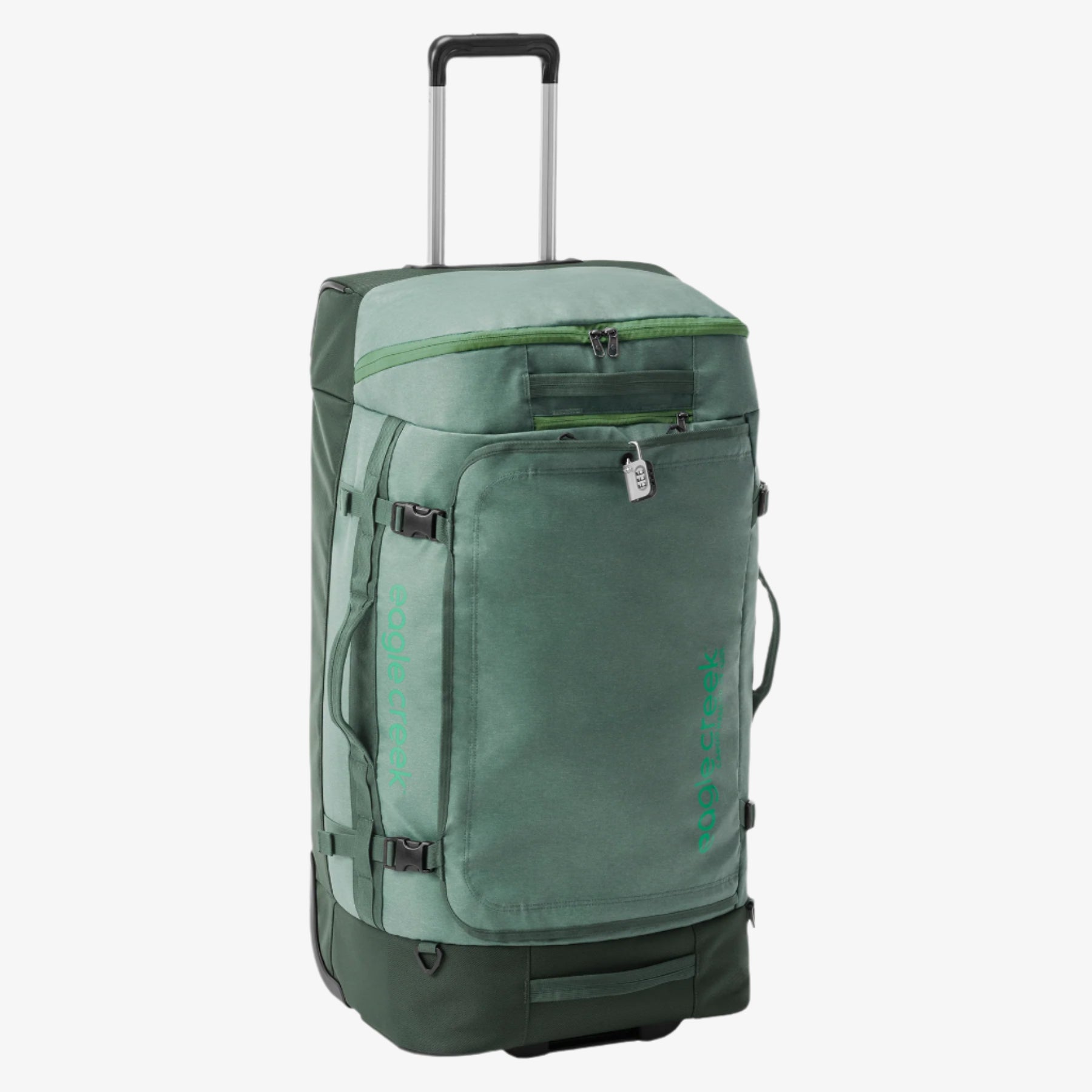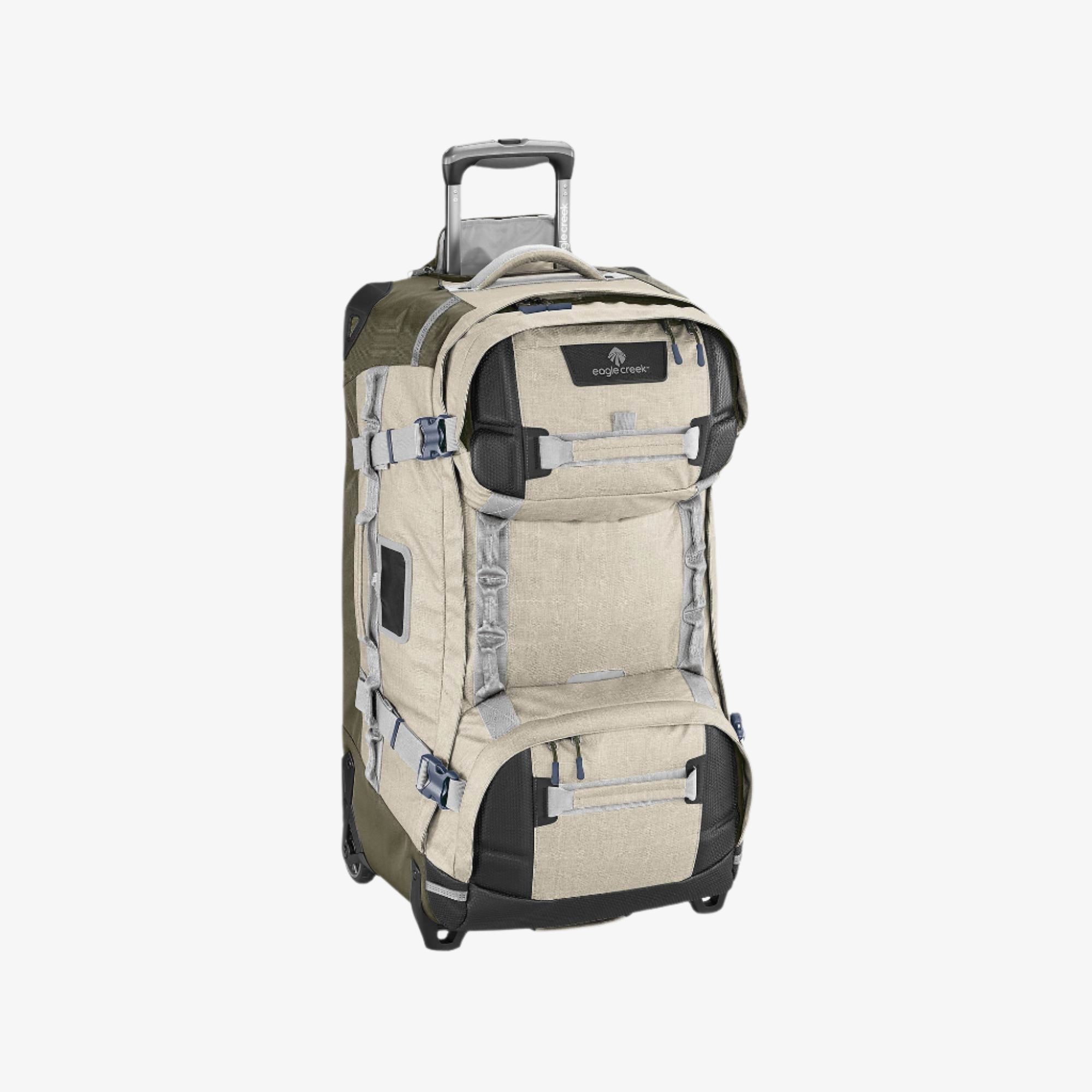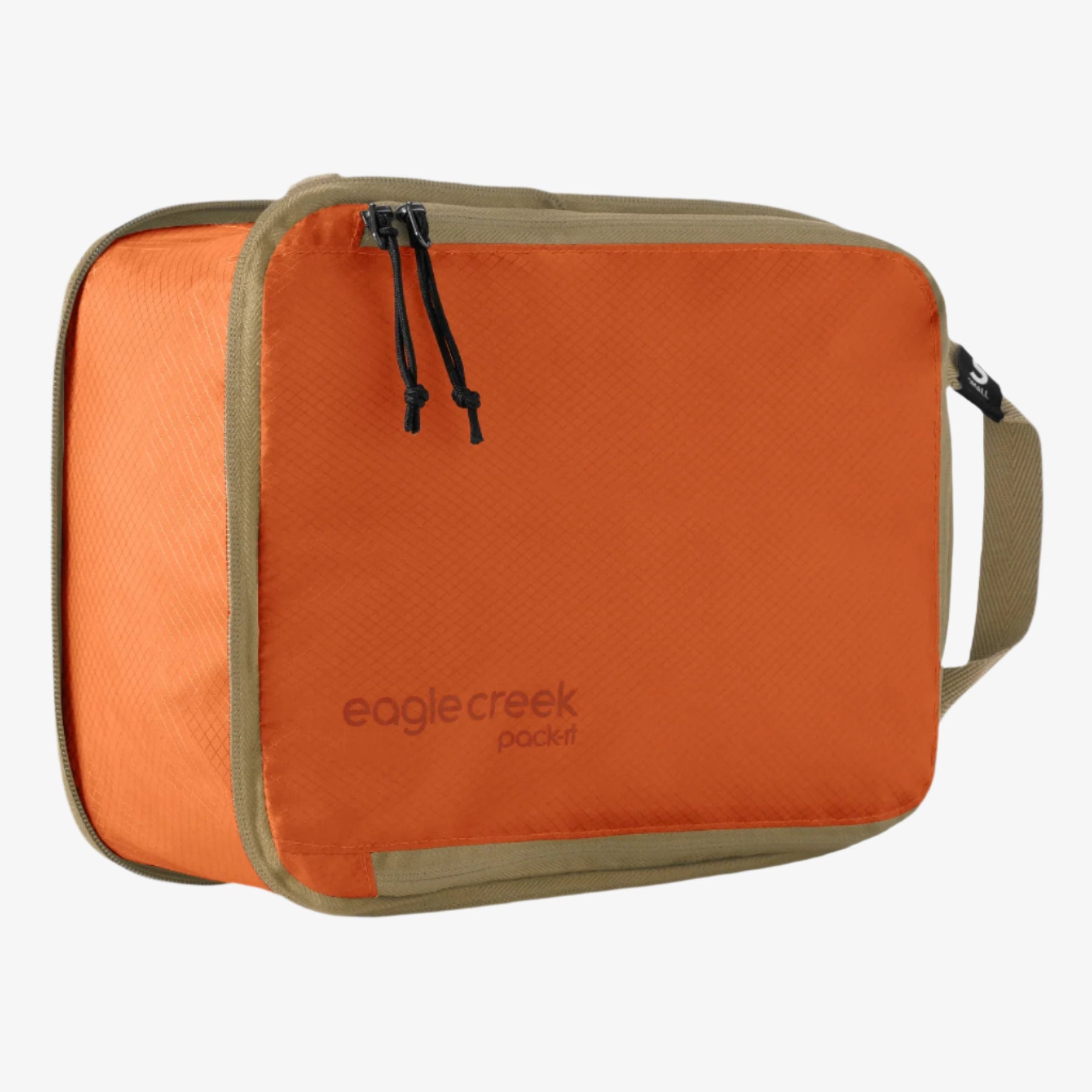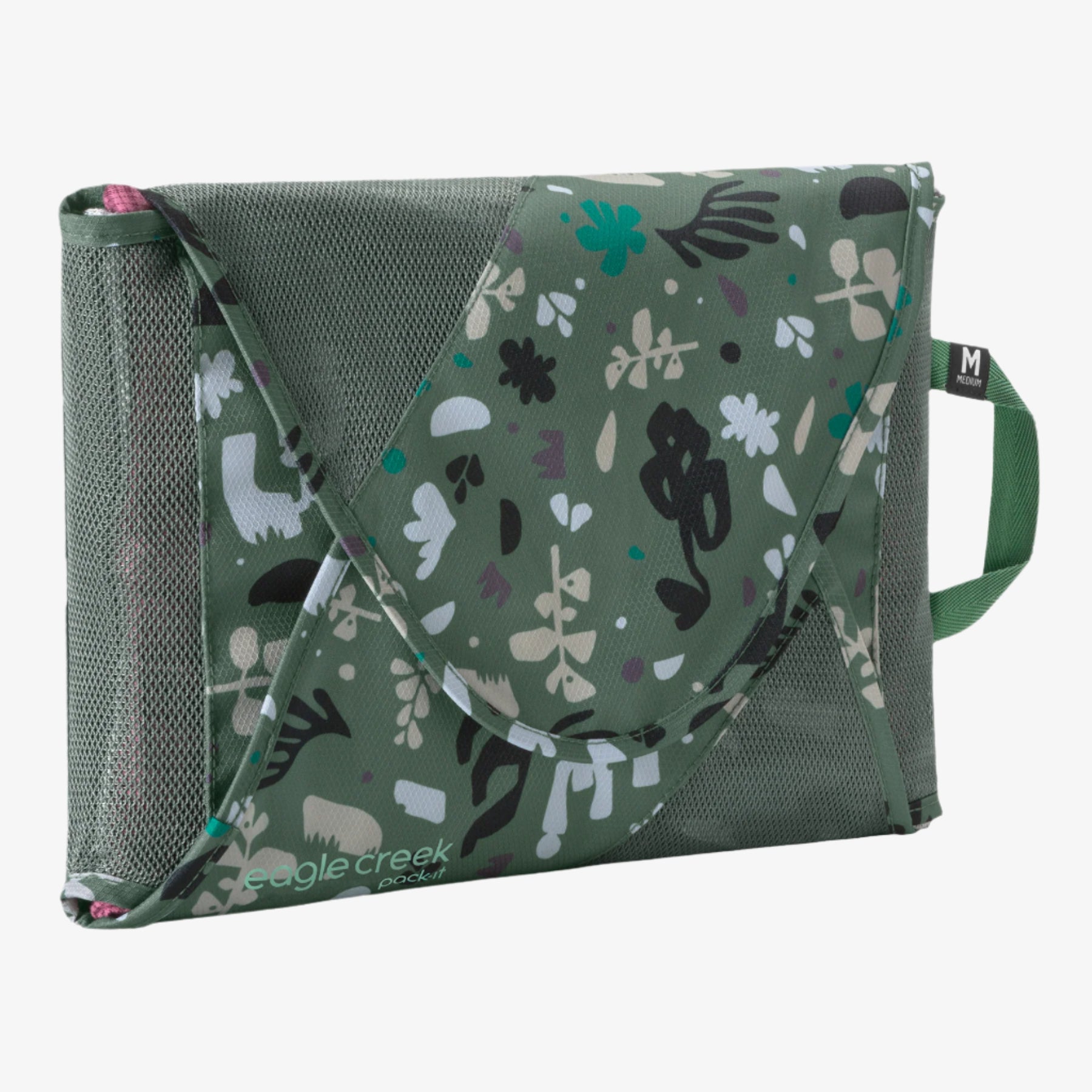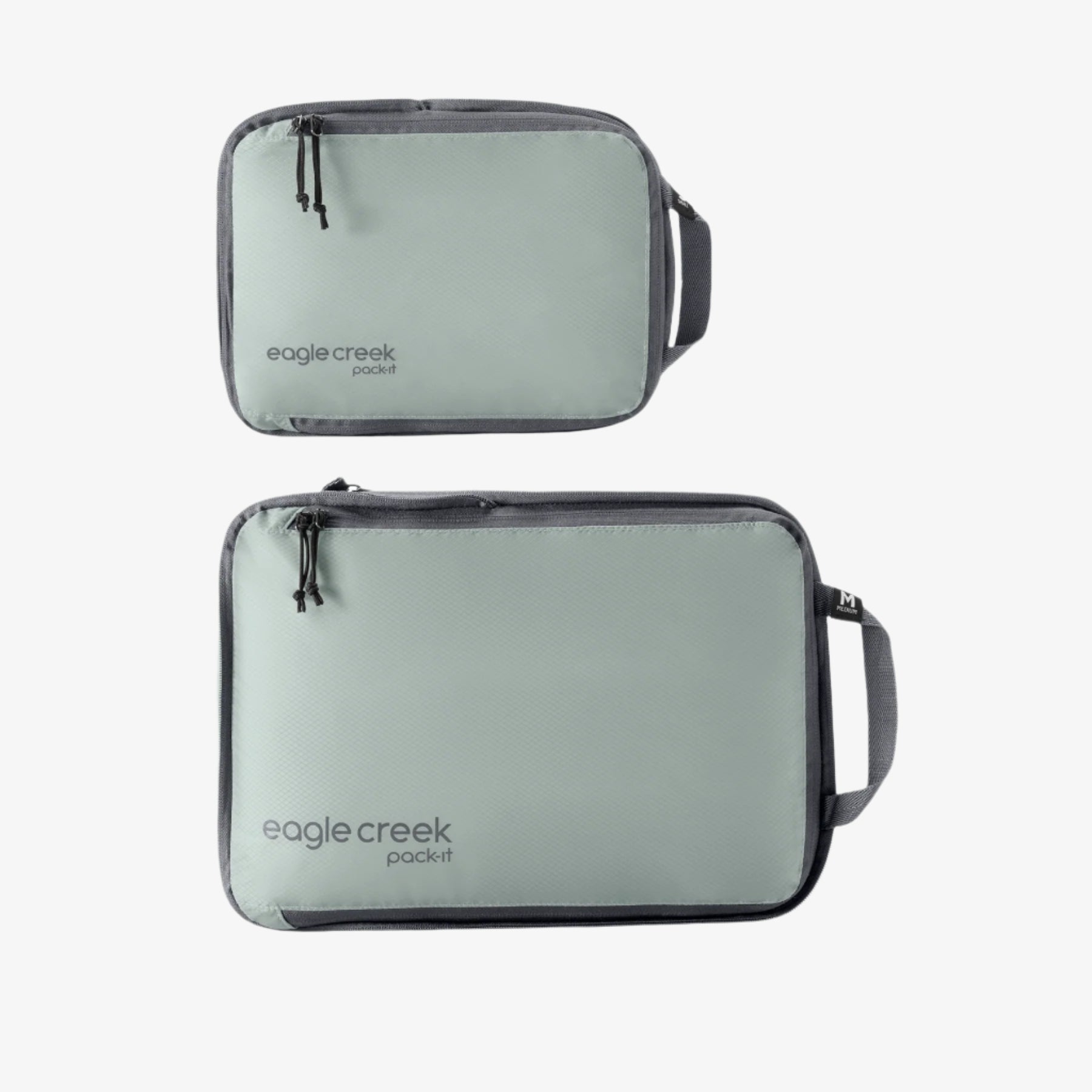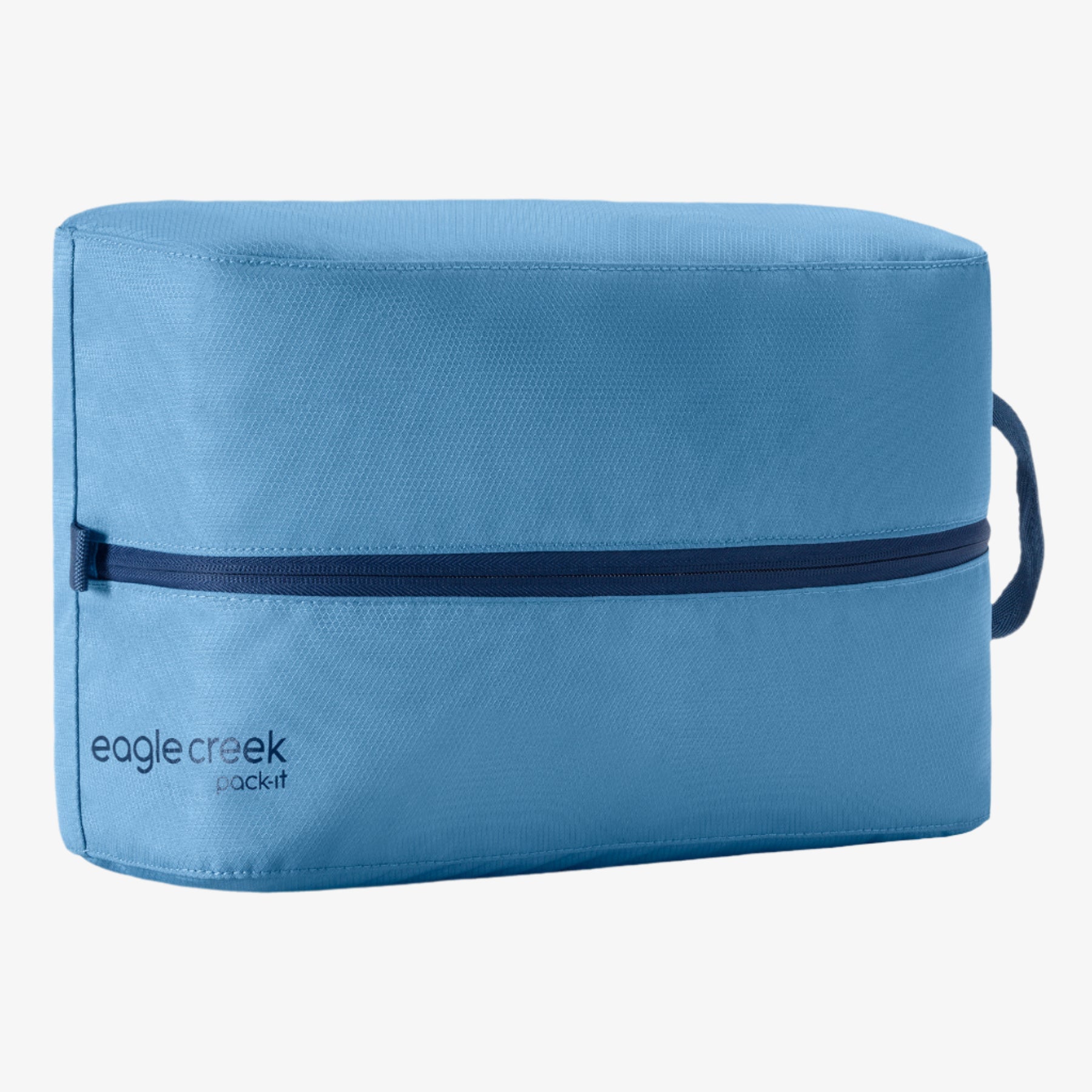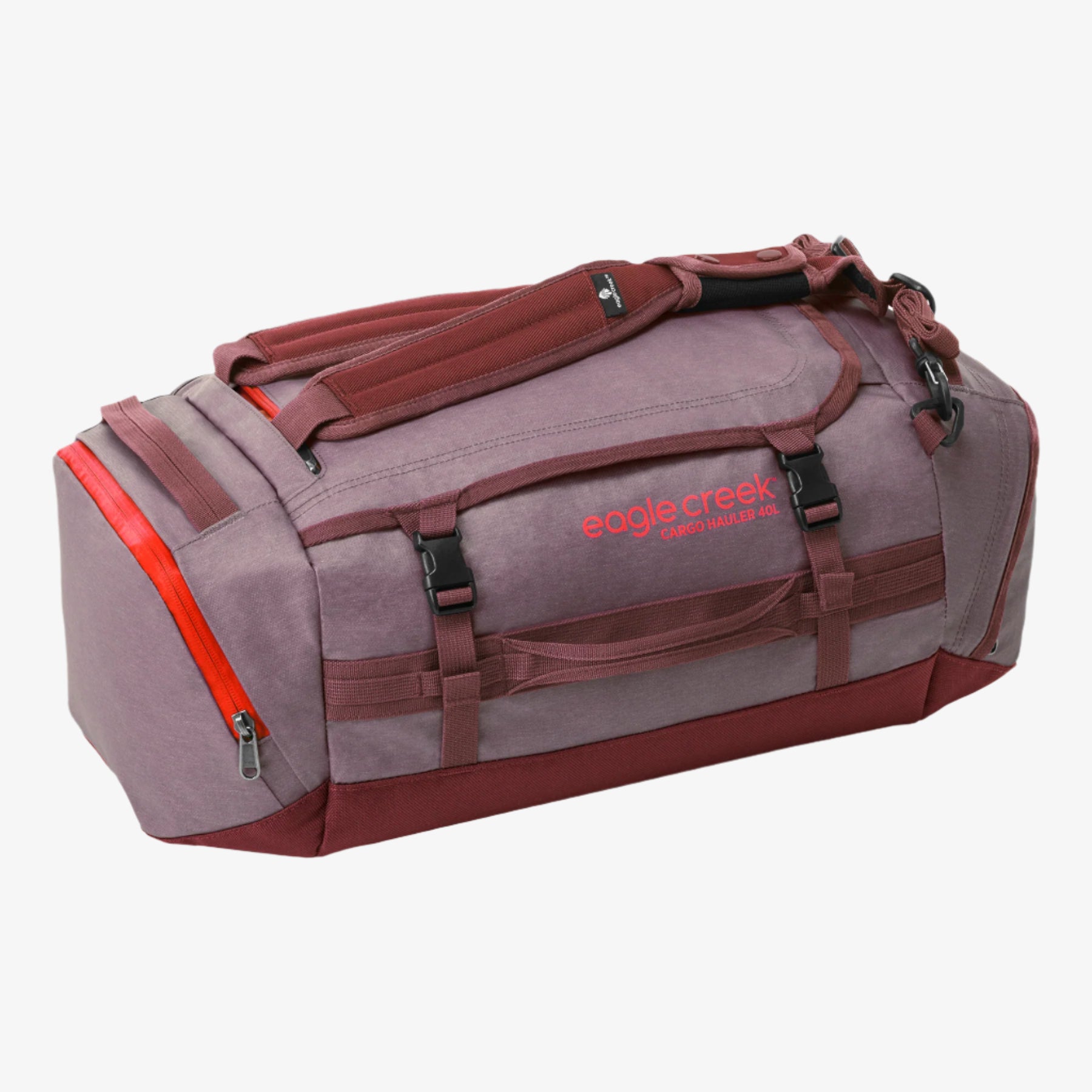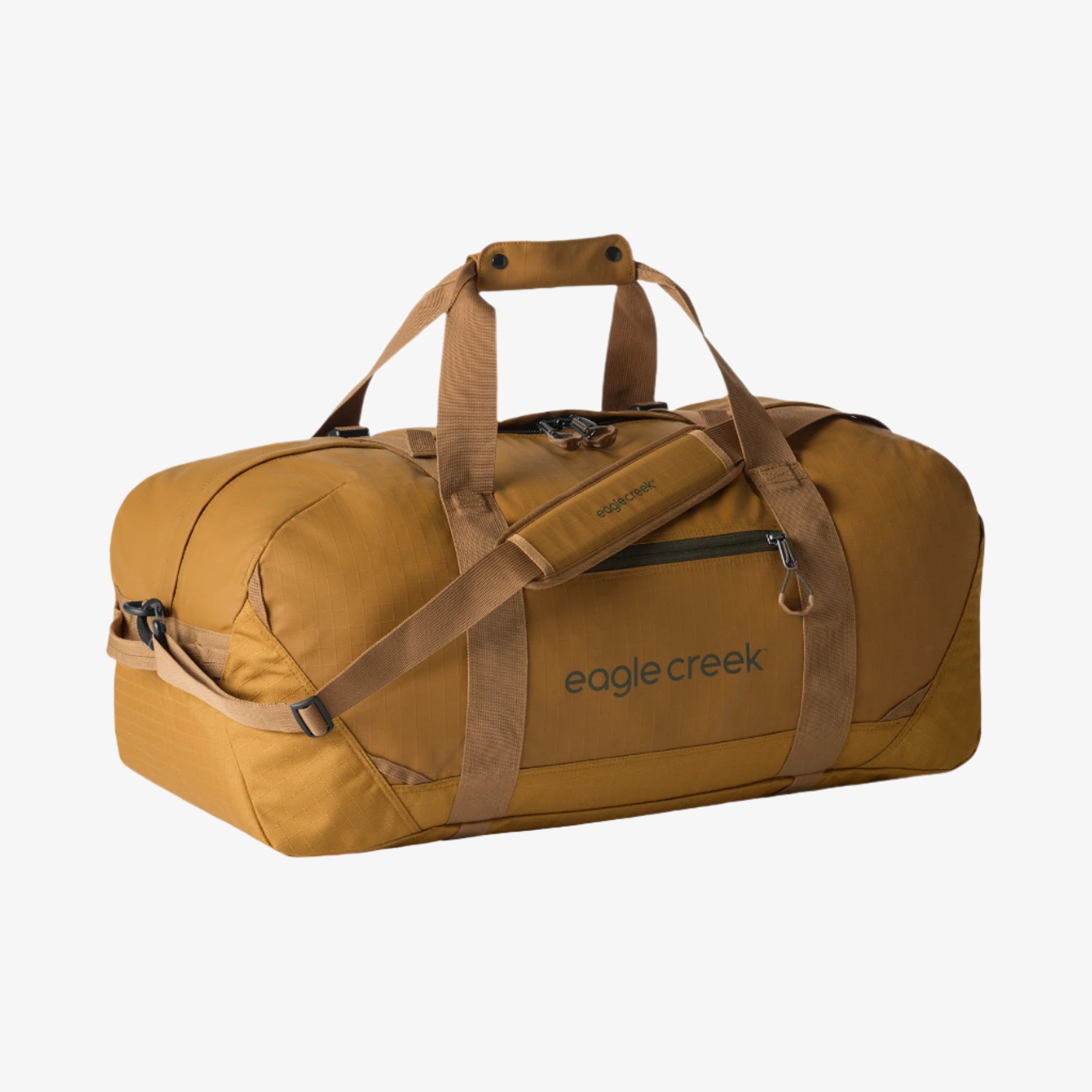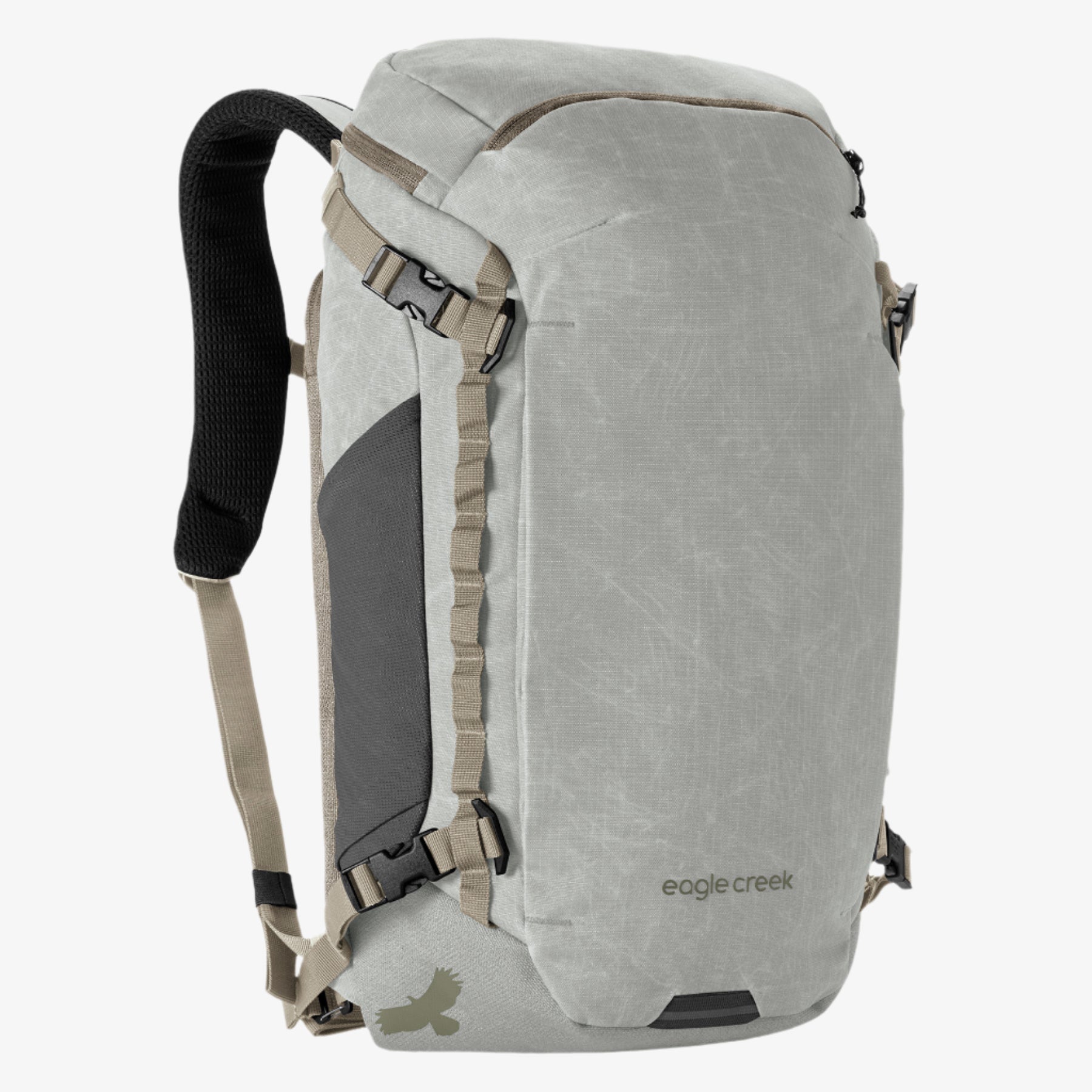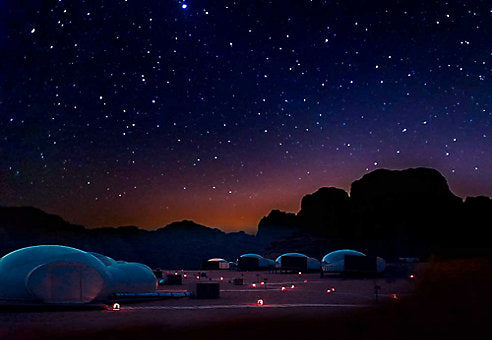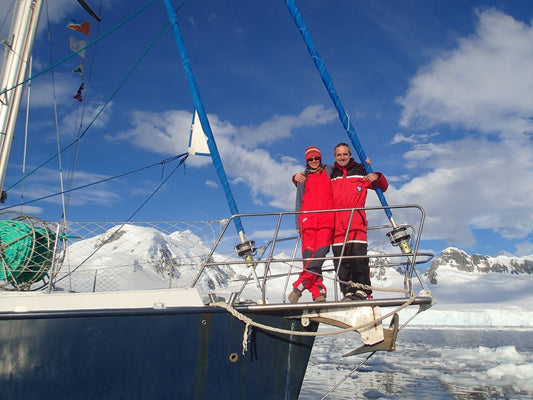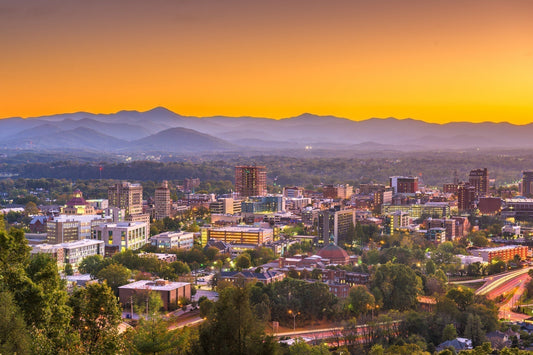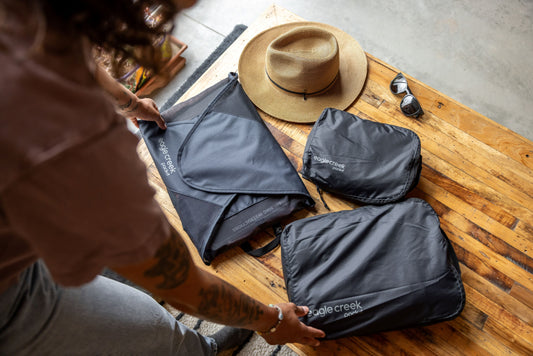A desert safari beneath the stars in Wadi Rum fostered immediate understanding between two strangers, opening the writer’s eyes to a fascinating culture—a very different way of life that’s both transient and beautiful.
It was late at night, early spring, when I found myself trekking across the Jordanian desert to meet the family of my Bedouin tour guide in Wadi Rum. I was with my parents and sister in this sandstone and granite valley in Jordan, one of the most breathtaking landscapes in the world. While the entire trip was a revelation, no moment was more moving or impactful than that evening beneath the stars.
Jordan has long been a favorite destination for European travelers but has remained relatively under the radar to Americans. It’s also one of the most romantic countries to visit. My family and I had spent the past week exploring the historic and mesmerizing city of Petra, the budding nightlife and restaurant scene on Rainbow Row in Amman, and the charms of the old city before experiencing the oceanic calm of Wadi Rum. The desert landscape was the site of the film Lawrence of Arabia, though perhaps in my preparation for the safari I was a bit too influenced by Hollywood.
“Don’t pack like you’re an extra in The English Patient,” my sister warned me when I shared my packing list of neutrals and khakis.
I thought my lightweight linens and tunics communicated a certain je ne sais quoi that left the door open for glamorous adventures. What I didn’t realize is it was the quickest way to identify myself as a clueless tourist. Less is more in the desert, apparently. Athleisure is the preferred attire—a trend that has made its way to the Middle East. Instead of sandals and denim, I spent my days in leggings and sneakers; unsurprising considering the activities we did under the hot Jordanian sun. We spent our days venturing through Wadi Rum in old Jeeps, running down the hills of sand in a euphoric race to the endless red terrain waiting below. I’d never considered myself a huge fan of deserts—preferring the wet coldness of the Scottish Highlands to the aridity of Wadi Rum, or so I thought. Traveling through the vastness of the desert—the vivid burnt yellow and bright orange of the sand contrasting the clear blue sky—I felt as though I’d landed on another planet, or in a different world.
We embarked on a safari in Wadi Rum the morning we arrived in the desert. We signed up for an overnight camping expedition with a Bedouin tour guide prior to booking our trip. Though two other traveling couples accompanied us on the tour, we spent the majority of the day alone with our guide, exploring the desert by camel and Jeep. When the sun set, the sky turned so many different shades of pink, soft blue, and blazing magenta, finally settling into a lilac twilight that was unlike any other color I’ve ever seen in nature, or anywhere else. It was truly breathtaking. Looking up at the sky, it felt like the stars were within my reach, so close they could fall down upon me.
That night, we befriended our Bedouin tour guide who was leading the expedition. My sister, Biff, was fluent in Arabic, which certainly was invaluable in developing a bond between our two families. Even though my Arabic was fledgling and our guide spoke in broken English, we developed a rapport, enhanced by a shared love of hookah and tea. After dinner, we all engaged in some enthusiastic—if ungainly (on my part)—dancing to traditional music.
Later, our guide offered to take my family to meet his, and thus we began our long trek through the darkened desert, guided by the moon. Since iPhone cameras were relatively useless, not shining very far in the sandy distance, we experienced the desert as it had been experienced for centuries.
After traipsing for miles across the vastness of Wadi Rum, we met our guide’s parents, grandparents, and siblings. They were sharing tea around a bonfire, the glow from their camp shining out to us from miles away. The natural beauty of Jordan may be one of the wonders of the world, but it’s the generosity of its citizens that makes this an unforgettable travel experience. Visiting this family was a unique opportunity, the encounter not only reached across cultural divides, but across gender ones as well. As foreigners, we were granted more access as women since we were not restricted by traditional roles in Arabic society.
The family was clearly a matriarchy—while women were less communicative and visible on the street, within the private sphere of the home it was the grandmother who asked the most questions and dominated the conversation. My sister served as our translator while we discussed our trip to Jordan over hot tea and biscuits. Their generosity and curiosity had a lasting impact. As a New Yorker accustomed to politely ignoring the very existence of those around me—on the subway, at a restaurant, or even in an Uber—I was taken aback by the extreme hospitality I encountered. Such overt friendliness made me ever more shamefully aware of my own subconscious prejudices.
The next morning, I rose at dawn, unable to sleep. I had stepped outside my tent to watch the sun rise over the sand when I heard the call to prayer sound out from the Bedouin guide’s adjacent tent. At the start of the trip, the call to prayer always made me uneasy, but I could never identify why. After several days, I realized the prayer sounded ominous because I’d heard it many times before: never in real life, but rather in movies or on television. The prayer has become a cinematic device to signify impending doom—on Homeland the sound is synonymous with acts of terror. But on this final morning, alone in the middle of the desert, waiting for my family to awake, I found it peaceful.
I left the desert with a newfound appreciation for the Arabic culture of hospitality that I encountered everywhere on my trip, which was encapsulated in my visit with the Bedouin family who had welcomed my family into their home. The experience fueled immediate understanding between two strangers and opened my eyes to a new culture—not as it’s portrayed from an outsider’s perspective in Hollywood, but through interpersonal connection that only travel can create.
Read more about eye opening travel experiences at Find Your Unknown
Related Links (from Eagle Creek blog):
